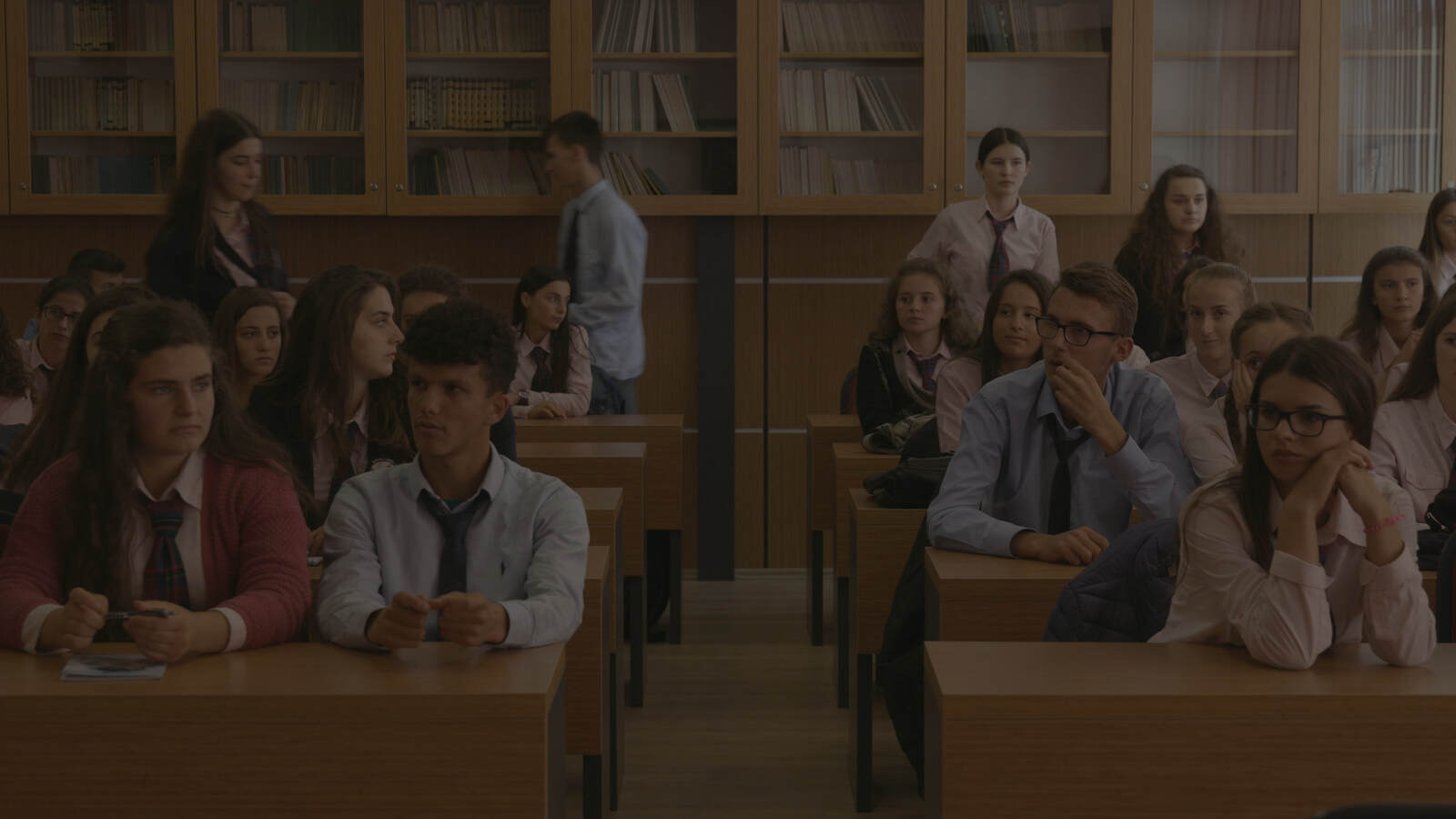
FACTORS CONTRIBUTING TO INEQUITY
SCHOOL SYSTEM:
The education system in Kosova is highly decentralized—thus local municipalities have jurisdiction over the hiring of teachers based on the qualifications that are provided by the Ministry of Education. However, the hiring process is highly politicized and in turn contributes to the lack of quality and rigor in schools.
Additionally, Kosova lacks sufficient infrastructure to keep all students in the classroom for a full day. Days are divided into two shifts where students learn for 3.5- 4 hours depending on their age.
SOCIO-ECONOMIC:
Socioeconomic factors consistently negatively impact student progress and outcomes. Parents are oftentimes unable to cover the costs associated with continuing education, and the lack of economic funds thereby limit students' access to additional provisions and resources.
This issue is more pronounced among students from marginalized communities where resources are less available, with possible pressures on such students to leave education and provide economic support to the family. Further, the language of instruction at school is different from the language spoken at home, imparting a further barrier to access for these students.
In addition to this, oftentimes parents in marginalized communities lack the confidence and ability to supervise homework, advocate on behalf of their children and provide practical and moral support for learning, partly due to their own lack of experience in education.
PREVAILING BELIEFS:
There are too many children in Kosova that are entering schools that set low expectations for them. These schools lack the quality and rigor that is needed to develop leaders who can work towards developing Kosova, locally and abroad.




